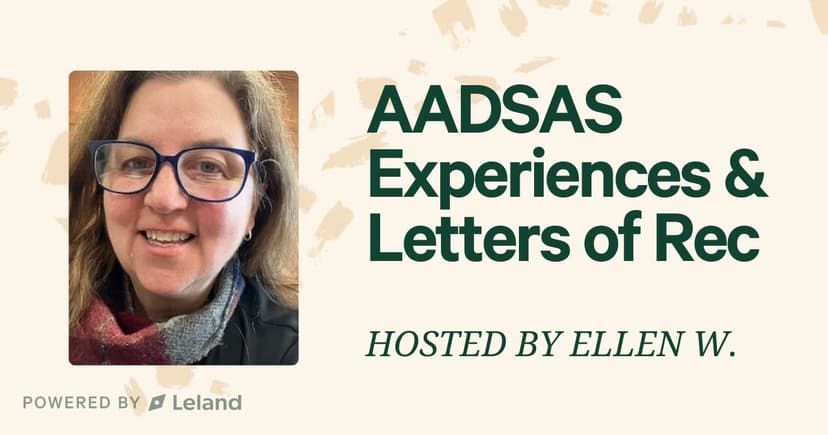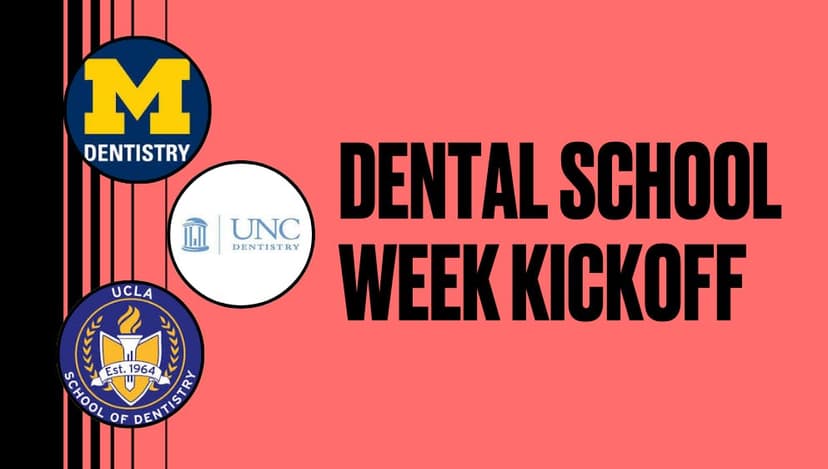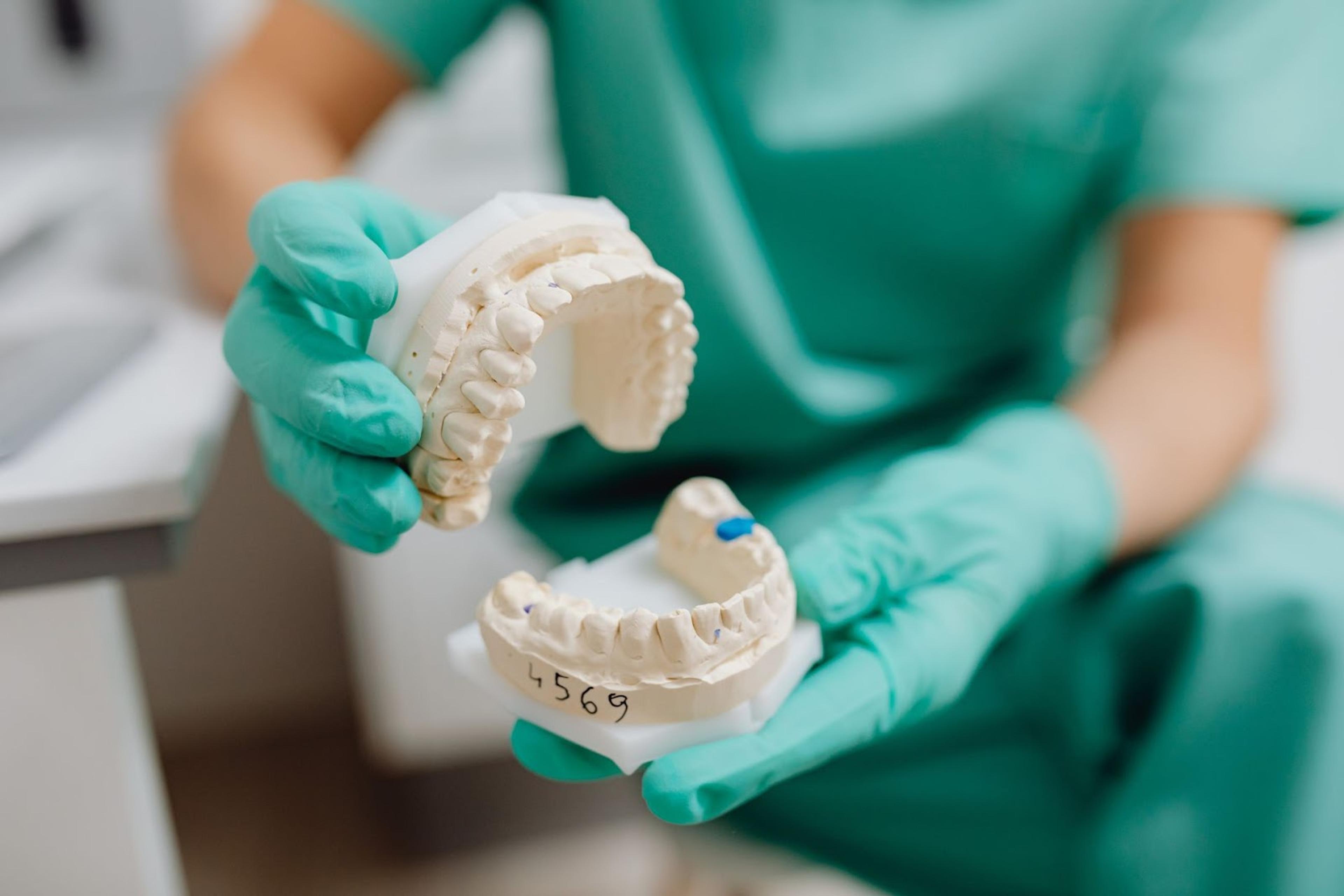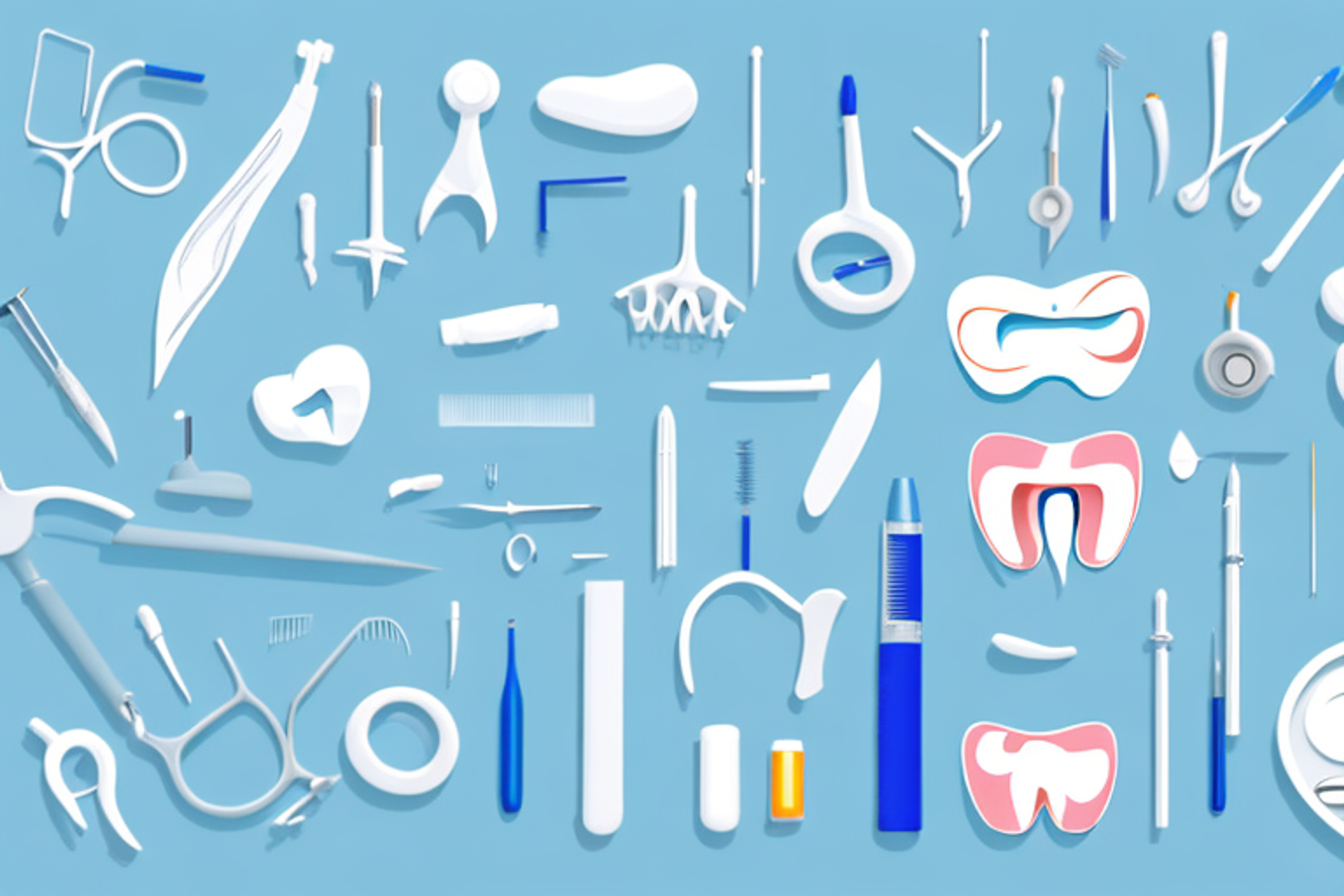Dental School Jargon: A Glossary of Important Terms
If you're planning to attend dental school, it's important to understand the jargon used in the field.
Posted June 13, 2025
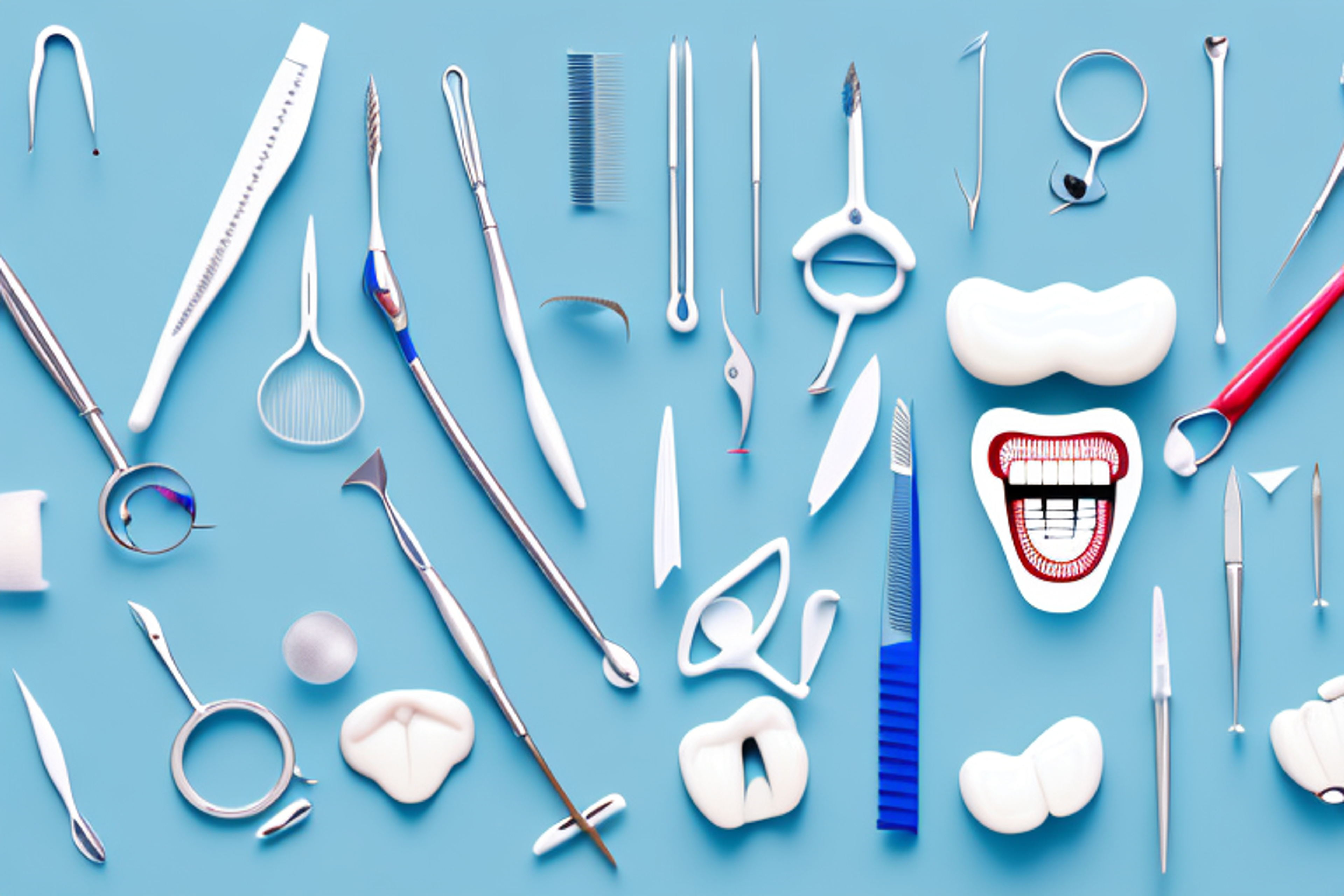
Join a free event
Learn from top coaches and industry experts in live, interactive sessions you can join for free.
Table of Contents
Welcome to the world of dental school! As a new student in this field, you will encounter a wealth of terminology, jargon, and technical language that may seem daunting at first. But don't worry, we've got you covered. This article will serve as a comprehensive guide to dental school jargon, providing an introduction to key terms and phrases, as well as tips and tricks for navigating this unique language.
Understanding the Language of Dentistry: An Introduction to Dental School Terminology
Before we dive into the specifics of dental school jargon, it's important to understand the context in which this language is used. Dentistry is an incredibly specialized field that requires a deep understanding of anatomy, physiology, and biology. As such, dental school curriculum is heavy on technical language and terminology that may be unfamiliar to many students, especially those who don't have a background in science.
For example, you may encounter words like "occlusal" (relating to the biting surfaces of teeth) or "periapical" (referring to the area around the tooth root). These are just a few examples of the many terms you will encounter during your time in dental school.
It's important to note that dental terminology is not only used in the classroom, but also in clinical settings. As a dental student, you will need to be able to communicate effectively with patients and other healthcare professionals using this specialized language. This means not only understanding the terminology, but also being able to explain it in a way that is easily understood by others.
Additionally, dental terminology is constantly evolving as new research and technology emerge. As a result, it's important to stay up-to-date on the latest terminology and advancements in the field. This can be done through continuing education courses, attending conferences, and staying current with dental journals and publications.
Essential Dental School Vocabulary: Words and Phrases You Need to Know
In order to succeed in dental school, it's crucial that you become comfortable with the most common dental school jargon. Here are a few key terms and phrases every dental student should know:
Aside from the technical terms, dental school also requires a lot of practical skills. One of the most important skills is proper patient communication. As a dental student, you will need to learn how to explain complex procedures and treatment plans in a way that patients can understand. You will also need to learn how to manage patient anxiety and fear, as many people are nervous about going to the dentist.
Another important aspect of dental school is staying up-to-date with the latest research and technology. Dental science is constantly evolving, and it's important to stay informed about new techniques and treatments. This means attending conferences, reading research papers, and staying connected with other dental professionals in your field.
Mastering Dental Terminology: A Comprehensive Guide for Students
Now that you have a basic understanding of dental school jargon, it's time to dive deeper into some of the more complex terms and concepts. Here are a few key areas of dental terminology that every student should master:
Anatomy of the Teeth and Mouth
Understanding the structure and function of the teeth and mouth is essential for any dental student. Here are some terms to know:
Dental Procedures and Treatments
As a dental student, you will learn about a range of procedures and treatments used to address dental problems. Here are some key terms to know:
Dental Hygiene and Preventative Care
Preventative care is an essential part of maintaining good oral health. Here are some terms to know:
Dental Specialties
There are several specialized areas of dentistry that focus on specific aspects of oral health. Here are some terms to know:
The Impact of Jargon on Communication in the Dental Office
While jargon is essential for effective communication within the dental community, it can be problematic when it comes to communicating with patients. When discussing dental procedures or treatment options with patients, it's important to use language that is clear, concise, and easy to understand.
Using technical terms or jargon can be intimidating and confusing for patients, and may negatively impact their understanding or willingness to proceed with treatment. As such, it's important to be mindful of your language and always strive to explain procedures and conditions in a way that is accessible and easy to understand.
One way to ensure that patients understand the information being presented to them is to use visual aids, such as diagrams or models, to help illustrate the procedures or conditions being discussed. This can help patients better visualize what is happening in their mouth and can make the information easier to understand.
Another important consideration when communicating with patients is to use language that is culturally sensitive and appropriate. This means being aware of cultural differences and avoiding language or terminology that may be offensive or insensitive to certain groups of people.
Using Jargon Appropriately: When (and When Not) to Use Technical Language
While it's important to use clear language when communicating with patients, jargon is also an essential tool for effective communication within the dental community. Using technical terms can help to streamline communication between dentists and other healthcare professionals, ensuring that patients receive the highest quality care.
However, it's important to use jargon selectively and appropriately. When speaking with other dental professionals, it may be appropriate to use technical language to expedite communication and ensure accuracy. But when speaking with patients, it's important to strike a balance between clarity and accuracy.
One way to strike this balance is to use analogies or metaphors to explain technical terms to patients. For example, instead of using the term "occlusion," a dentist could explain to a patient that occlusion refers to how their teeth fit together when they bite down, like puzzle pieces. This can help patients better understand their dental health and treatment options, while still maintaining accuracy in communication.
Conclusion
As a dental student, learning the language of dentistry is an essential part of your education. By becoming familiar with the most important dental school jargon, you'll be better equipped to understand lectures, participate in discussions, and communicate effectively with other dental professionals. While jargon can be complex and intimidating, mastering it is key to your success as a dental student and future professional.
Moreover, understanding dental terminology is crucial for effective patient communication. Patients often feel anxious and overwhelmed during dental procedures, and using technical terms can further increase their stress levels. By using layman's terms and explaining procedures in simple language, you can help patients feel more comfortable and confident in your care.
Finally, staying up-to-date with the latest dental terminology is important for keeping pace with advancements in the field. As new technologies and techniques emerge, so do new terms and acronyms. By staying informed and knowledgeable, you can provide the best possible care to your patients and stay competitive in the job market.
Browse hundreds of expert coaches
Leland coaches have helped thousands of people achieve their goals. A dedicated mentor can make all the difference.


